10 Secrets Vets Use to Help Their Own Dogs Live Longer, Happier Lives
When it comes to keeping their own dogs healthy, veterinarians don’t rely on trendy pet gadgets or miracle diets. They turn to proven strategies, such as small habits, regular care, and consistent observation. These practices are all grounded in experience and science.
If you’ve ever wondered how vets help their own dogs thrive for years, here are the strategies they quietly follow at home.
They Manage Calories, Not Just Meals

Credit: Canva
Vets don’t just scoop and serve. Every treat, scrap, or chew counts toward daily intake. Keeping a dog trim helps them sidestep joint problems, insulin issues, and added stress on the heart. A dog kept lean will likely move better, age more slowly, and avoid many preventable diseases that show up with excess weight.
They Schedule and Document Regular Exams
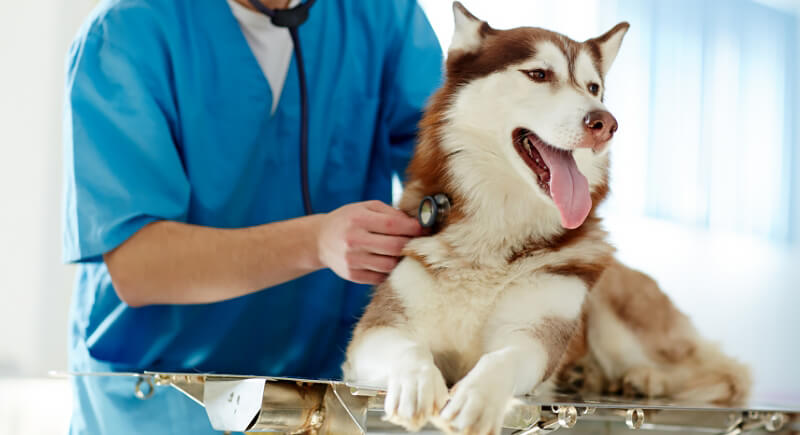
Credit: Getty Images
Most vets don’t wait for something to go wrong. Annual exams, recommended twice yearly for seniors, help catch subtle health changes early, often before symptoms appear. Bloodwork, weight history, and behavioral notes give a fuller picture over time. The earlier something’s found, the simpler and often less expensive it is to address.
They Watch for Subtle Shifts in Behavior
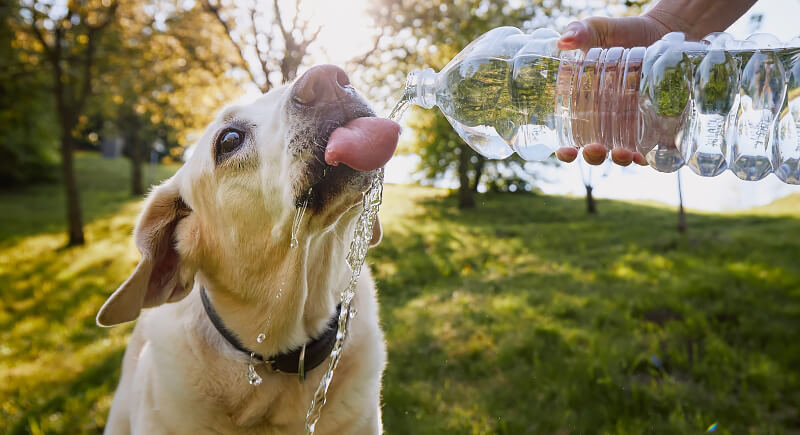
Credit: Canva
Veterinarians notice small changes that most people miss, such as increased thirst, decreased enthusiasm for walks, or hesitation on stairs. These can signal pain, organ dysfunction, or the early stages of disease. Many use short phone videos to track symptoms between visits. Pattern recognition helps them act before problems escalate.
They Prioritize Joint-Safe, Consistent Movement

Credit: Getty Images
Rather than occasional long outings, vets build consistent activity into daily life. Their dogs get age-appropriate movement, short walks, swimming, or gentle play, which supports mobility without overexertion. Joint-friendly routines help maintain muscle tone and flexibility. For dogs with existing issues, skipping exercise altogether isn’t the answer. The idea is to adjust how it’s done.
They Stay Disciplined About Dental Care

Credit: Getty Images
Tooth and gum diseases don’t stay in the mouth. It can spread bacteria to the heart, liver, and kidneys. Vets brush their dogs’ teeth several times a week and schedule annual cleanings. They also avoid gimmicky dental products, instead choosing vet-approved options with verified plaque-control benefits.
They Choose Food Based on Science, Not Branding

Credit: Getty Images
Vets use diets backed by feeding trials and nutrient standards. They avoid vague terms like “meat flavor” and stay cautious about grain-free diets unless medically necessary. Properly balanced food helps maintain weight, reduce inflammation, and support the immune system across all life stages.
They Maintain Strict Parasite Control
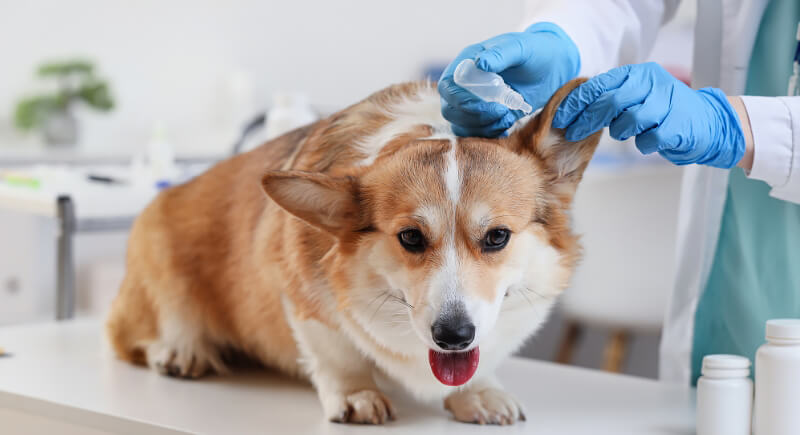
Credit: Canva
This small habit prevents long-term complications and reduces emergency visits. Year-round prevention protects dogs from fleas, ticks, and heartworms. Each is capable of causing severe illness or death. Regular tick checks are a routine part of their care.
They Customize Vaccination Schedules
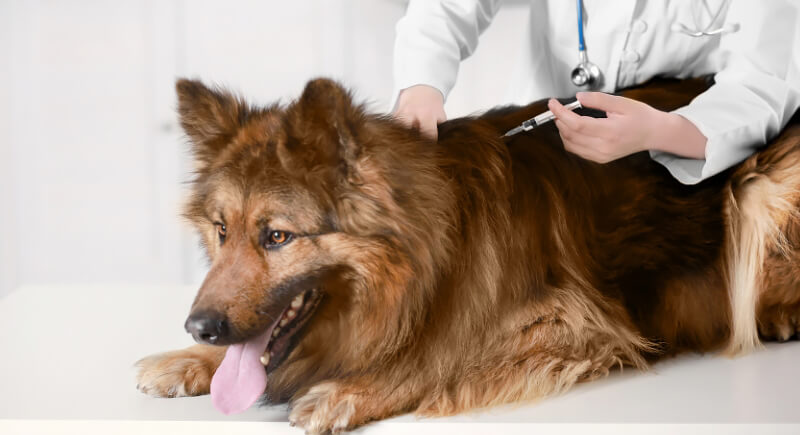
Credit: Canva
Veterinarians ensure that core vaccines are always up to date and discuss any optional vaccines based on lifestyle and exposure risk. Dogs that stay on a proper vaccination schedule are far less likely to develop preventable, serious diseases. The goal is to give the dog the right protection at the right time, guided by a vet who understands the dog’s daily environment and needs.
They Prepare Emergency Kits in Advance

Credit: Canva
Vets keep basic first-aid kits at home and in their vehicles. These typically include antiseptics, bandages, tweezers, and backup medications. Having supplies ready reduces delays during a crisis and allows them to stabilize injuries or manage allergic reactions before reaching a clinic.
They Spay or Neuter Based on Growth Stage
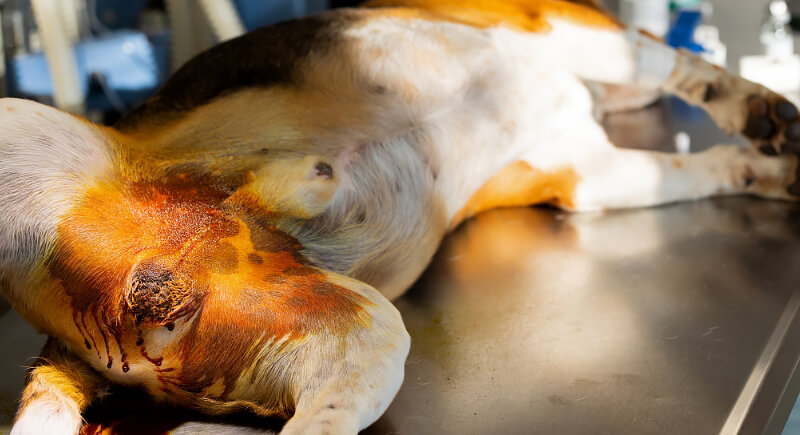
Credit: Getty Images
Timing matters, especially with big dogs. Veterinarians often delay sterilization until the growth plates have fully closed, typically after a year. That extra time can reduce orthopedic complications later in life. While the surgery still reduces cancer risks and prevents surprise litters, the scheduling decision is made with the long view in mind.